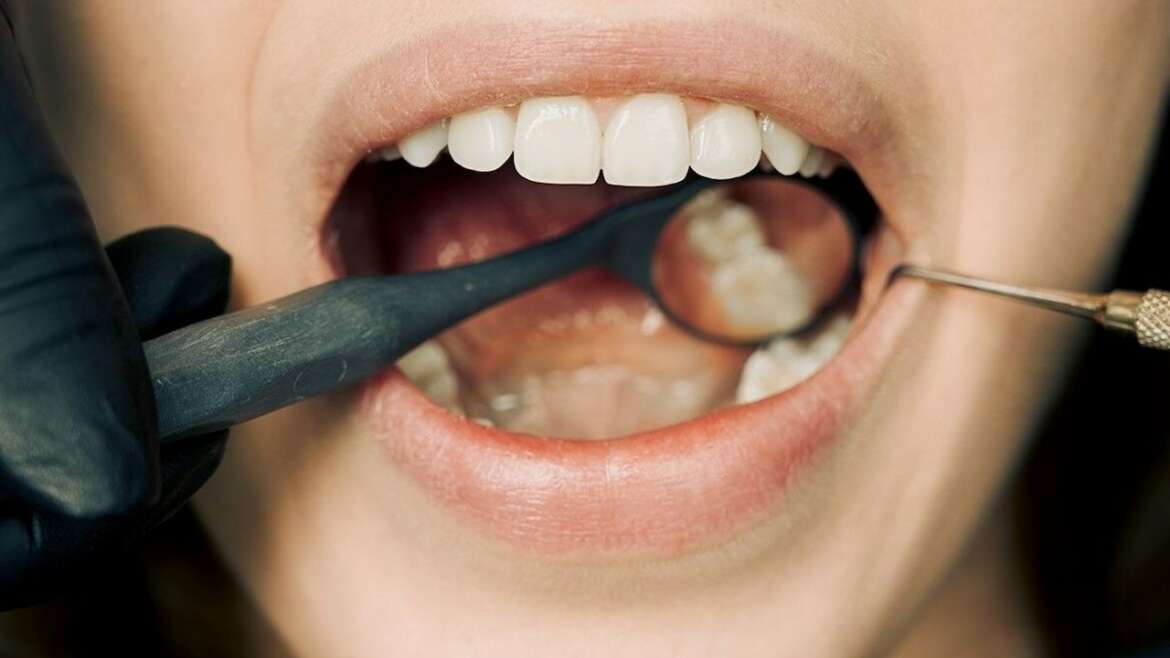Dental hygiene and oral health are essential for all students, yet many people do not realize their impact on students’ learning ability. Poor oral hygiene can arise in tooth decay and gum disease, negatively affecting a student’s overall health, concentration, and academic performance. For this reason, students must maintain good oral hygiene habits and visit a dentist regularly. By doing so, they can avoid preventable health problems and perform their best.
The impact oral health has on students
First, poor oral health can lead to tooth decay and gum disease, negatively affecting a student’s overall health. The most frequent chronic condition among youngsters is tooth decay, which can lead to pain, infection, and even tooth loss. Gum disease is another serious problem that can cause inflammation, bleeding gums, and bone loss. Both conditions can be harrowing and make it difficult for students to concentrate on their studies. In addition, poor oral health can also lead to bad breath, which can be embarrassing for students and make them more self-conscious about interacting with their peers.
Second, poor oral health can negatively affect a student’s academic performance. Studies have shown that students with poor oral health are more likely to miss school due to dental problems. In addition, students who do not receive proper dental care are more likely to have lower grades and score lower on standardized tests. It is likely because students with poor oral health often have difficulty concentrating and focusing on their studies.
What can students do to maintain good oral health?
There are several things that students can do to maintain good oral health:
- They should brush their teeth twice a day with fluoride toothpaste.
- They should also floss daily and visit the dentist regularly for checkups and cleanings.
- Students should eat a healthy diet and avoid sugary snacks and drinks, which can contribute to tooth decay.
By following these simple steps, students can help ensure good oral health and perform their best in school.
While good oral hygiene is essential for all students, it is essential for those with certain medical conditions. For example, students with diabetes are at a higher risk of developing gum disease. In addition, students who are taking certain medications, such as steroids or anticancer drugs, may be more susceptible to developing cavities or other dental problems. Therefore, these students need to take extra care of their teeth and visit the dentist regularly.
What are some of the benefits of good oral health?
There are many benefits to maintaining good oral hygiene habits:
- It can help prevent pain, discomfort, and other problems associated with poor oral health. Good oral health can also improve a student’s concentration and academic performance.
- Students who maintain good oral hygiene will miss less school due to dental problems.
- Good oral health can reduce the risk of more severe health problems.
What role do schools play in promoting oral health education and awareness among students and their families?
Schools are vital in promoting oral health education and awareness among their students and families. Schools can help ensure that their students maintain good oral health habits by providing resources and information on the importance of oral hygiene. Additionally, schools can also provide access to dental care for their students and families. Doing so can help reduce the incidence of dental problems among their students and improve their overall health and well-being.
What are the future challenges we face regarding student oral health?
There are several future challenges that we face when it comes to student oral health:
- Dental care costs continue to rise, making it difficult for families to afford them.
- Many students do not have access to dental insurance, making it difficult for them to get the care they need.
- There is a broad misunderstanding regarding the significance of oral health, which could lead to problems in the future.
Does Medicare cover dental?
Regular dental care such as cleanings, fillings, tooth extractions, or dentures is not covered under Original Medicare (Part A and Part B). However, it does cover some emergency dental services, such as treatment for painful tooth infections or an injured jaw. Most of the time, you must pay out of pocket for emergency dental care if you have Original Medicare.
There are a few ways to get help with dental costs under the Original Medicare
First, you can see if your state offers dental coverage for seniors through Medicaid. Additionally, you can see if you qualify for any federal or state assistance programs that offer help with dental costs. Finally, you can purchase a stand-alone dental insurance plan to help cover the cost of dental care. Contact your local Medicare office or the Centers for Medicare and Medicaid Services for more information about your dental coverage options under Medicare.
Conclusion
Good oral health is essential for all students. Students can avoid problems such as tooth decay and gum disease by maintaining good oral hygiene habits and visiting the dentist regularly. In addition, they can also help improve their overall concentration and academic performance.


